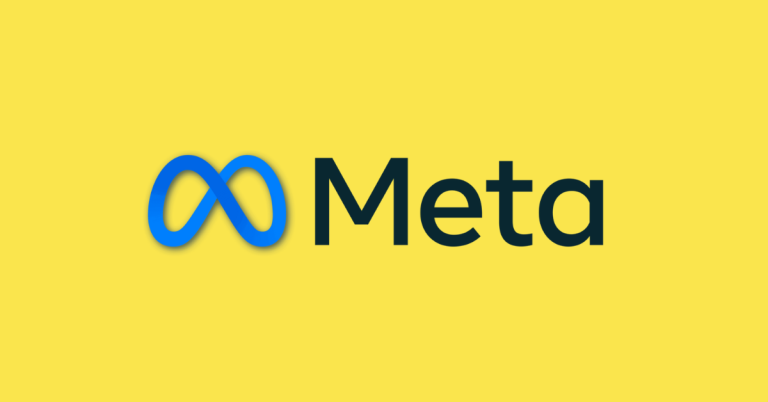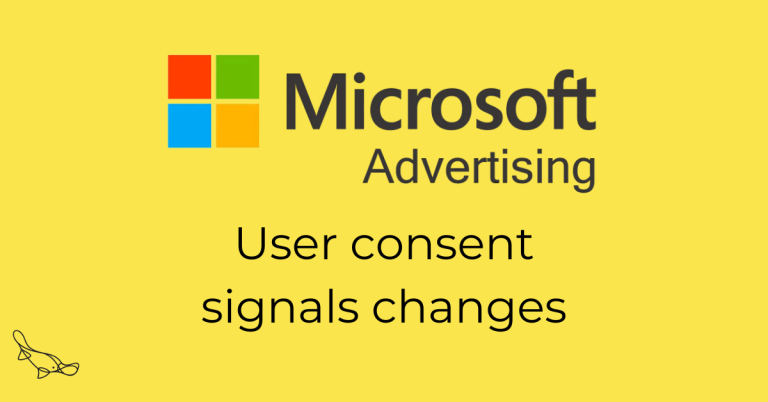Meta’s at it again – if you’re a healthcare charity (or one of the other many affected types of charities) that runs advertising campaigns on Meta (Facebook and Instagram Ads), then you need to know about some big changes they’ve just announced from January 2025.
The idea of the changes is to prevent the sharing of data deemed sensitive or non-compliant with Meta’s Business Tool Terms.
Here’s what you need to know and what you need to do.
Categorising data sources
Meta’s systems are designed to “help detect and remove information shared through our Meta Business Tools that may not be allowed under our Meta Business Tool Terms.”
This includes categorising data sources, such as websites and apps, “based on the topics related to the data source and the products and/or services provided.”
Depending on how your data source is categorised:
Fully restricted properties: Websites focused on specific health conditions may lose access to conversion campaigns entirely.
Mid-restricted properties: Broader health-related websites may face limits on bottom-of-funnel optimisation, such as “Purchase” or “Add to Cart.”
Meta themselves say: “When a data source is categorized under a category with restrictions, we may limit or fully restrict the ability to share event data with us via the Meta Business Tools. If we decide to limit or fully restrict a data source from sharing event data with us, we will inform you via email and notifications in Meta Events Manager.”
Check out the full list of affected data source categories on Meta’s website.
The changes enhance user privacy
These changes are part of Meta’s broader effort to enhance user privacy and comply with global data protection regulations.
By restricting sensitive data, Meta aims to reduce legal and reputational risks associated with healthcare advertising.
This will impact your campaigns
If your website or app is categorised under “health and wellness,” it may impact:
- Fundraising campaigns (e.g., donations optimised via “Purchase” events)
- Lead generation and retargeting campaigns relying on lower-funnel events
- Tracking and measuring conversions effectively
Upper-funnel objectives not affected
For fully restricted properties, Meta has indicated that only upper-funnel objectives such as Awareness (reach, impressions), Engagement (likes, comments, shares), and Traffic (link clicks) will remain available. Earlier funnel events, such as “begin_checkout” or “add_payment_info,” are unlikely to be options if full restrictions are applied. These options may only apply to mid-restricted properties.
Meta advises: “If you think your data source is categorized correctly, you may want to consider adjusting your campaign to optimize for certain available campaign objectives such as Awareness (e.g., reach, impressions), Engagements (e.g., likes, comments, shares), and Traffic (e.g., link clicks).”
Take these steps to stay ahead
There are some steps you can take to minimise the impact on your campaigns.
1. Review categorisation in Meta Events Manager
- Log in to Meta’s Events Manager to check how your data sources are categorised under “health and wellness.”
- If you believe the categorisation is incorrect, request a review through the platform.
2. Conduct a compliance review
- Ensure your data-sharing practices align with GDPR, Meta’s Business Tool Terms, and other relevant regulations. Legal counsel should confirm compliance.
3. Prepare for Core Setup Restrictions
- Review your tracking parameters and URL structures to ensure they don’t rely on custom parameters or components that may be restricted under Meta’s Core Setup guidelines.
4. Monitor notifications and extensions
- Between 6th and 13th January 2025, check Events Manager for notifications about restrictions.
- If applicable, request a 30-day extension during the 7-day window to adjust your campaigns before restrictions take effect.
5. Adjust campaign objectives
- Shift focus to higher-funnel objectives, such as Awareness (reach, impressions) or Traffic (link clicks).
- Optimise for earlier journey events, such as “add_payment_info” or landing page views (e.g., thank-you pages) as proxies for conversions.
6. Consider domain restructuring
- Create a subdomain (e.g., donate.example.org) and associate it with a new Meta Business Tool to separate sensitive campaigns. Consult your legal team to ensure compliance.
7. Strengthen first-party data strategies
- Capture supporter data directly via your website and integrate it into your CRM.
- Use this data to build compliant custom audiences and lookalike audiences.
8. Explore platform diversification
- Reduce reliance on Meta by testing alternative platforms such as Google Ads, YouTube, TikTok, or programmatic advertising to maintain campaign reach and performance.
9. Tailor strategies by region
- Since restrictions may vary by region, analyse how regional campaigns are categorised and adjust targeting accordingly.
Make the changes now
Meta’s email on the changes is at pains to emphasise:
“Your delivery and effectiveness may decline over time if the restricted events are required for campaign targeting, optimization, or measurement.”
They aren’t likely to reverse these changes, but taking proactive steps can mitigate how much impact they have.
So act early and implement privacy-first strategies. That way you can make sure your massively important campaigns keep having an impact.
We’re here to help
It’s so tough when advertising platforms roll out changes like these that can affect how much positive impact your campaigns can have in the world.
But we’re here to support you where we can.
Reach out to our team for personalised recommendations and guidance on navigating Meta’s new policy changes.





